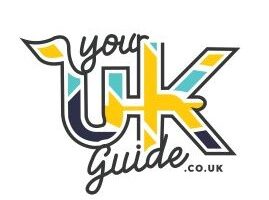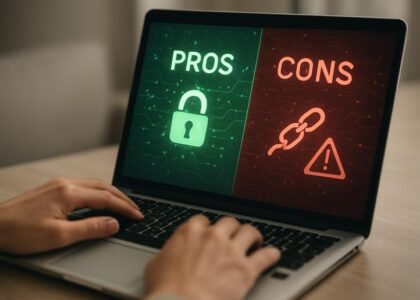Ever had your phone ping and thought, “Who on earth is calling from 0161 968 7065?” If so, you’re not alone—and there’s more to that number than meets the eye. In our everyday digitally connected lives, unknown callers can cause a spike in stress and curiosity. From dodging spam to worrying about identity theft, we’ve all been there. As someone who’s dealt with endless mystery calls, I’ve researched this one thoroughly—so let’s unpack the story behind the number, how it connects to lifestyle stress, and what steps you can take right now to take control.
1. Who’s calling from 0161 968 7065?
Several reliable watchdog sites and call-report platforms agree: the number 0161 968 7065 belongs to Moorcroft Debt Recovery, a UK-based debt collection agency.
- Who-Called.co.uk confirms Moorcroft as the source, noting they collect on behalf of companies like United Utilities, Virgin Media, NPower, and even HMRC.
- Tellows community reviews corroborate the affiliation: hundreds report it as an untrustworthy, debt-collection call from Moorcroft.
2. So… is it a scam or legit?
In short: it can be both.
⚖️ Legitimate possibility
Moorcroft is regulated by the UK’s Financial Conduct Authority and is part of the Credit Services Association. They do operate under legal frameworks, with procedures in place such as registering with the FCA.
🚩 Warning signs
- Misidentification of callers: Many reports say they’re calling for someone else (e.g., “We’re calling for a Louis Hodge”—but that person doesn’t live there).
- Fake debt claims: Some say the debt isn’t theirs, or it relates to accounts they never had.
- Pressure tactics: Users describe repeated calls, aggressive language, and refusal to provide documentation.
You even have mentions warning “WARNING THIS IS A SCAM to extort money…”
3. Lifestyle impact: why it matters
Let’s be real—receiving repeated calls from 0161 968 7065 can affect well-being:
- Mental stress: Interrupted meals or sleep, anxiety over finances
- Privacy concerns: Who sold your number? Are they snooping?
- Time waste: Chasing ownership, disputing inaccuracies
Understanding these calls helps you reclaim daily peace and shield your focus—from morning routines to weekend relaxation.
4. What to do next: proactive steps
4.1 Verify or deny the debt
- Ask them for proof: original creditor, amount, account details.
- Check your credit file (via Experian, Equifax, etc.).
- If nothing matches, it’s likely an erroneous or fraudulent claim.
4.2 Handle future calls
- Do not admit owing anything.
- Request written evidence.
- If they press: block the number or register a complaint with Moorcroft.
4.3 Know your rights
- Under the UK Financial Conduct Authority and Consumer Credit Act, you have a right to documented proof and fair treatment.
- Harassment (overly frequent calls, threats) is illegal. Report offenders to OFCOM or the Financial Ombudsman.
🤝 4.4 Seek expert help
- Consider reaching out to the Money Advice Service, Citizens Advice, or a regulated debt counselor.
- Use Moorcroft’s official channels (they have a secure portal and FCA compliance).
5. Real reader stories: community reactions
Lived experiences shine a light:
“Constant calls for someone else… said they would remove my number, but never do.”
“Moorcroft Debt Recovery… often spam you with calls after buying debts from a variety of vendors.”
These voices highlight the emotional strain and importance of equipping ourselves with knowledge.
6. Incorporating wellness into your response plan
This is more than avoiding spam—it’s about self-care:
- Create a tracker: jot call frequency, dates, and attitudes—empower your responses.
- Set boundaries: silence unknown numbers, use apps like Truecaller or your phone’s spam filters.
- Reduce worry: set aside a fixed “admin hour” once a week to handle such calls.
- Celebrate small wins: when you block or dispute successfully, that’s stress off your plate!
Conclusion
Getting a call from 0161 968 7065 isn’t just a nuisance—it could prompt hidden stress, privacy leaks, or even aggressive tactics. The number likely belongs to Moorcroft Debt Recovery, operating legitimately but sometimes overstepping or sending wrongful debt claims.
But you don’t have to feel powerless. By verifying debts, asserting your rights, blocking harassing lines, and seeking trusted advice, you can reclaim control of your peace and privacy.










